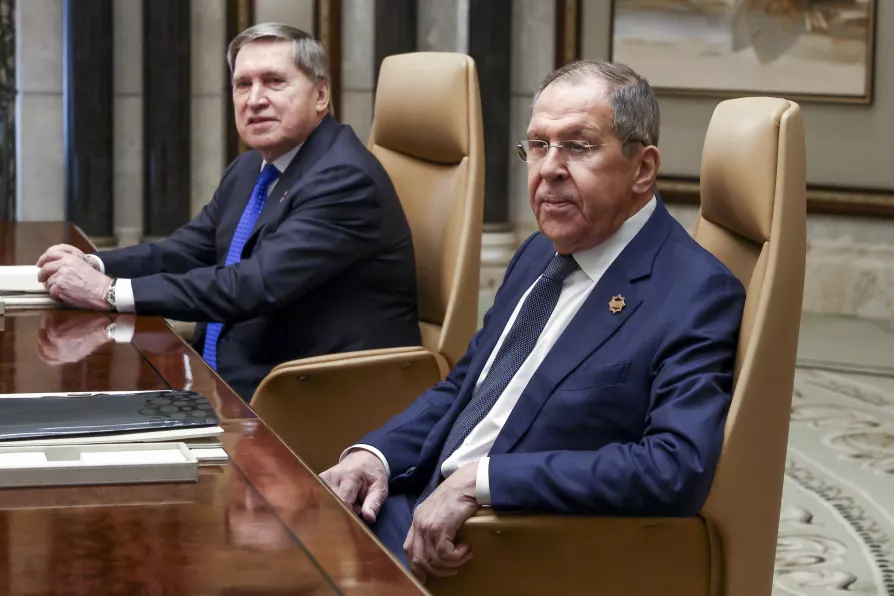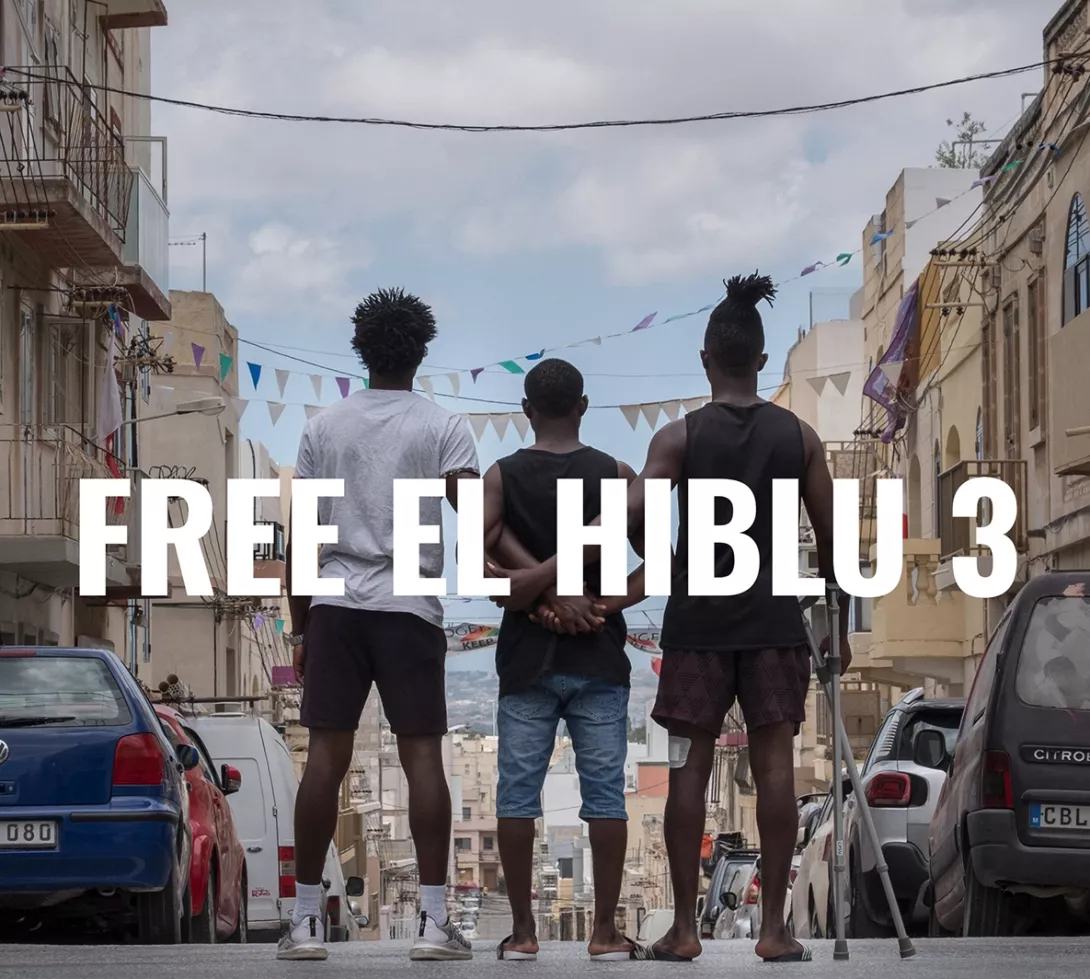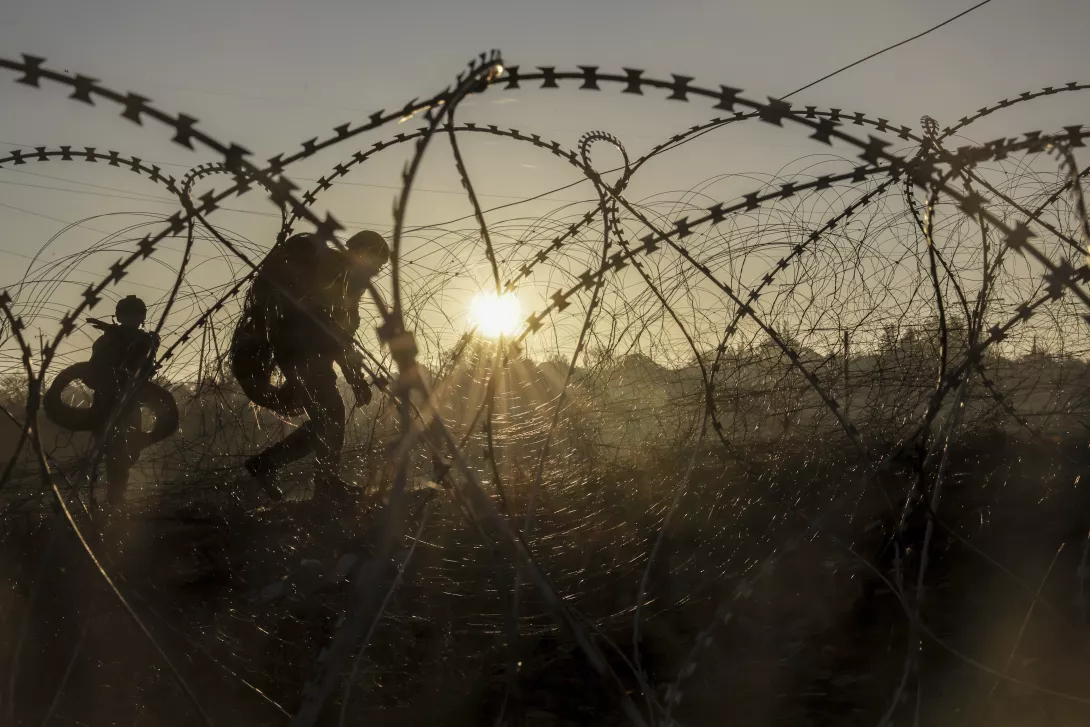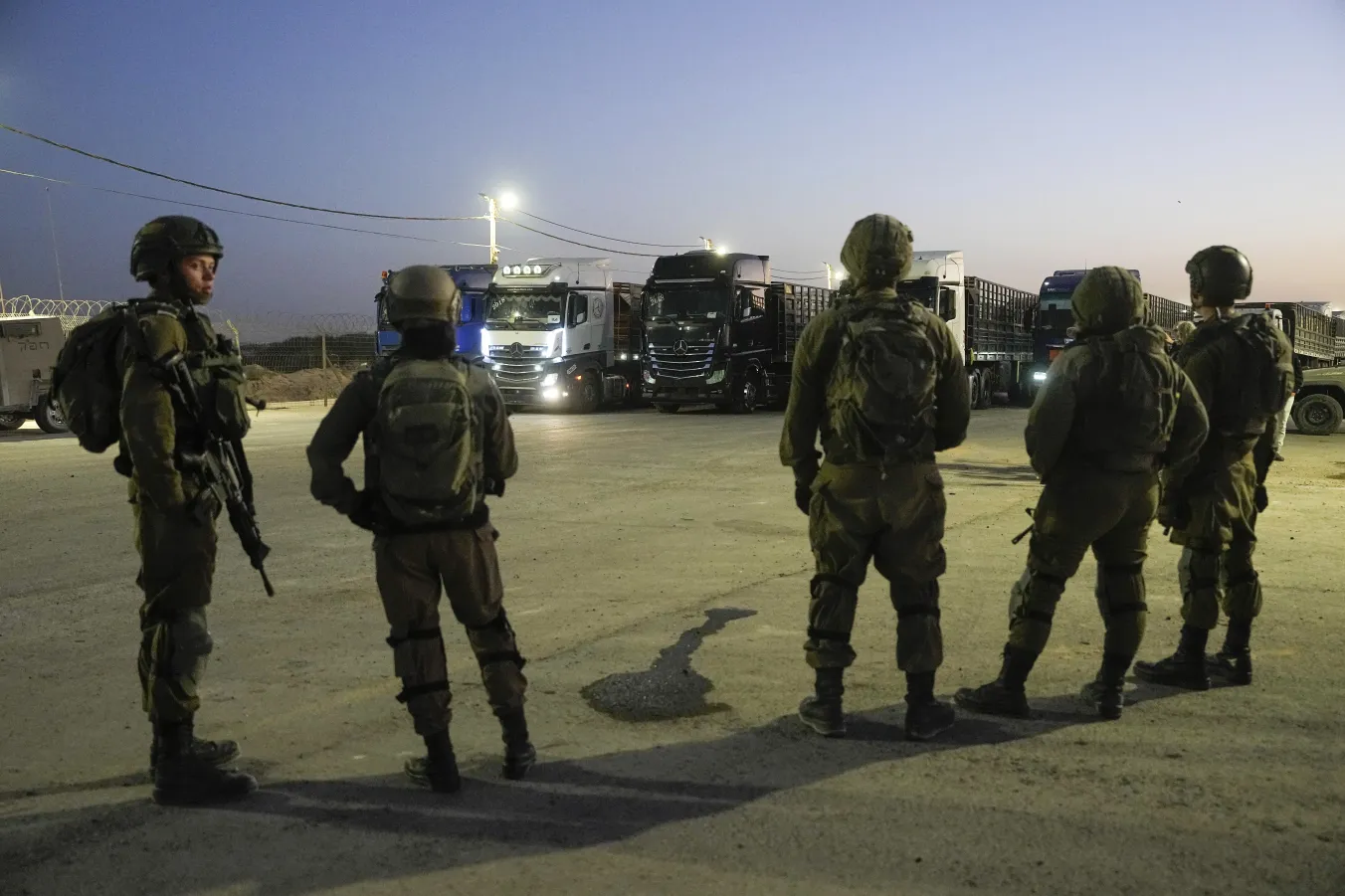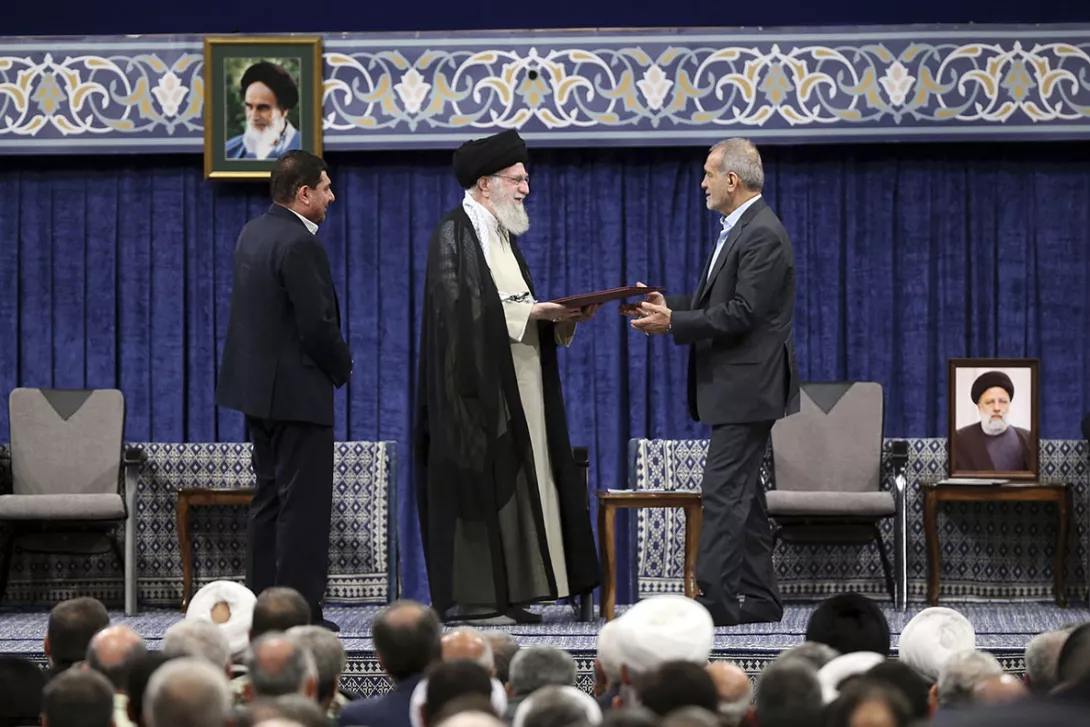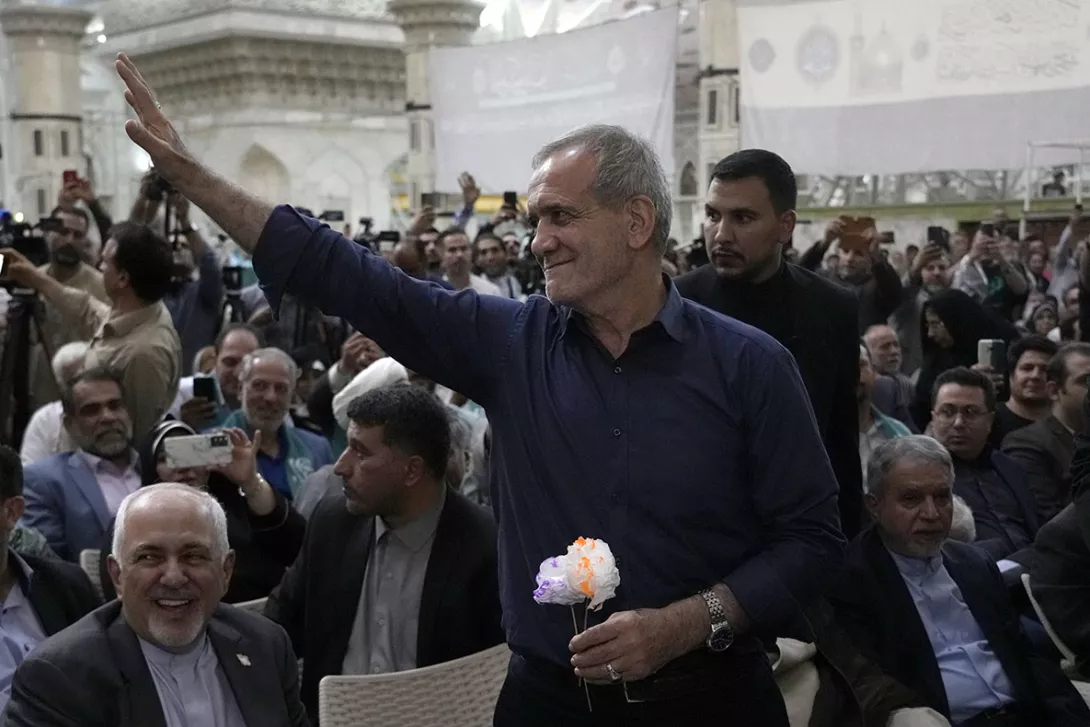Iran votes for new president after hardliner's death, but turnout remains a question
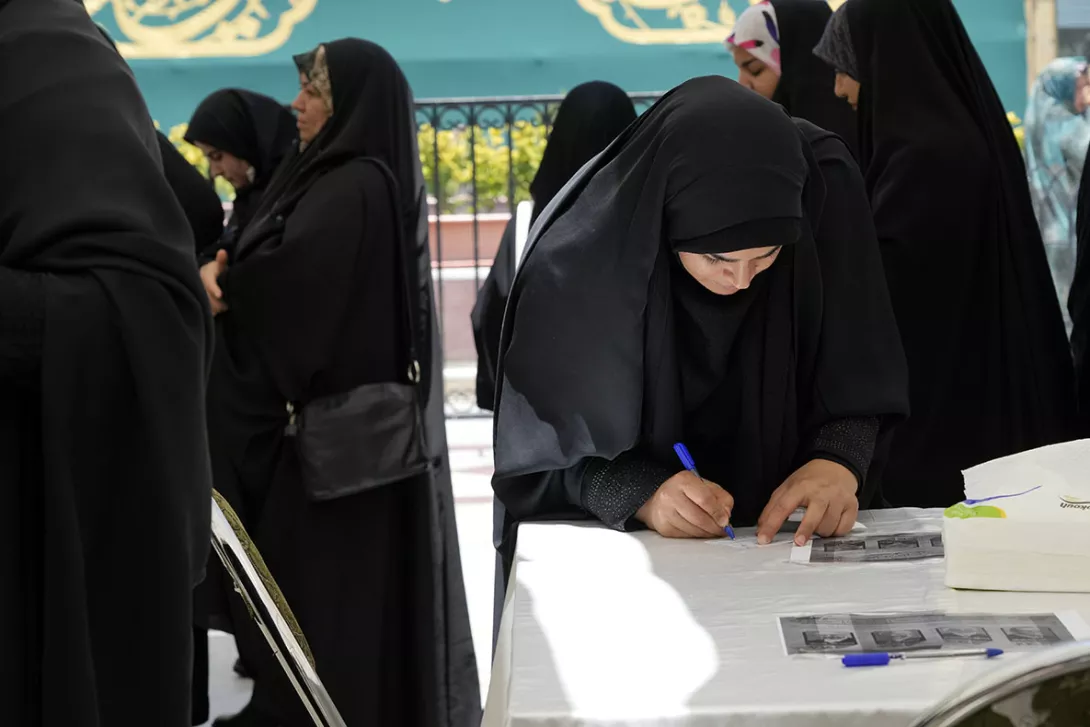
IRANIANS voted in a snap election today to replace late president Ebrahim Raisi, with the race’s sole reformist candidate vowing to seek “friendly relations” with the West in an effort to energise supporters.
Voters face a choice between hardline candidates and the little-known reformist Masoud Pezeshkian, a heart surgeon.
As has been the case since the 1979 Islamic Revolution, women and those calling for radical change have been barred from running, while the vote itself will have no oversight from internationally recognised monitors.
More from this author
Similar stories
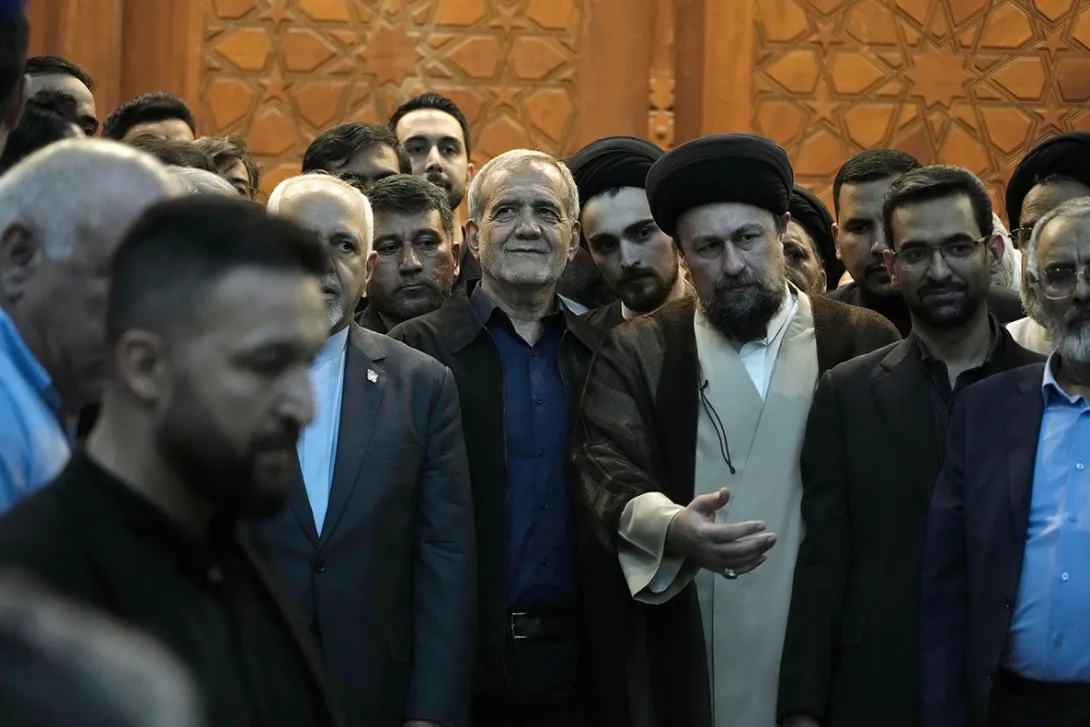
As a new president takes office amid a suspiciously low turnout, the regime’s grip on power grows ever more tenuous as the crises and rebellions become more regular, writes JAMSHID AHMADI
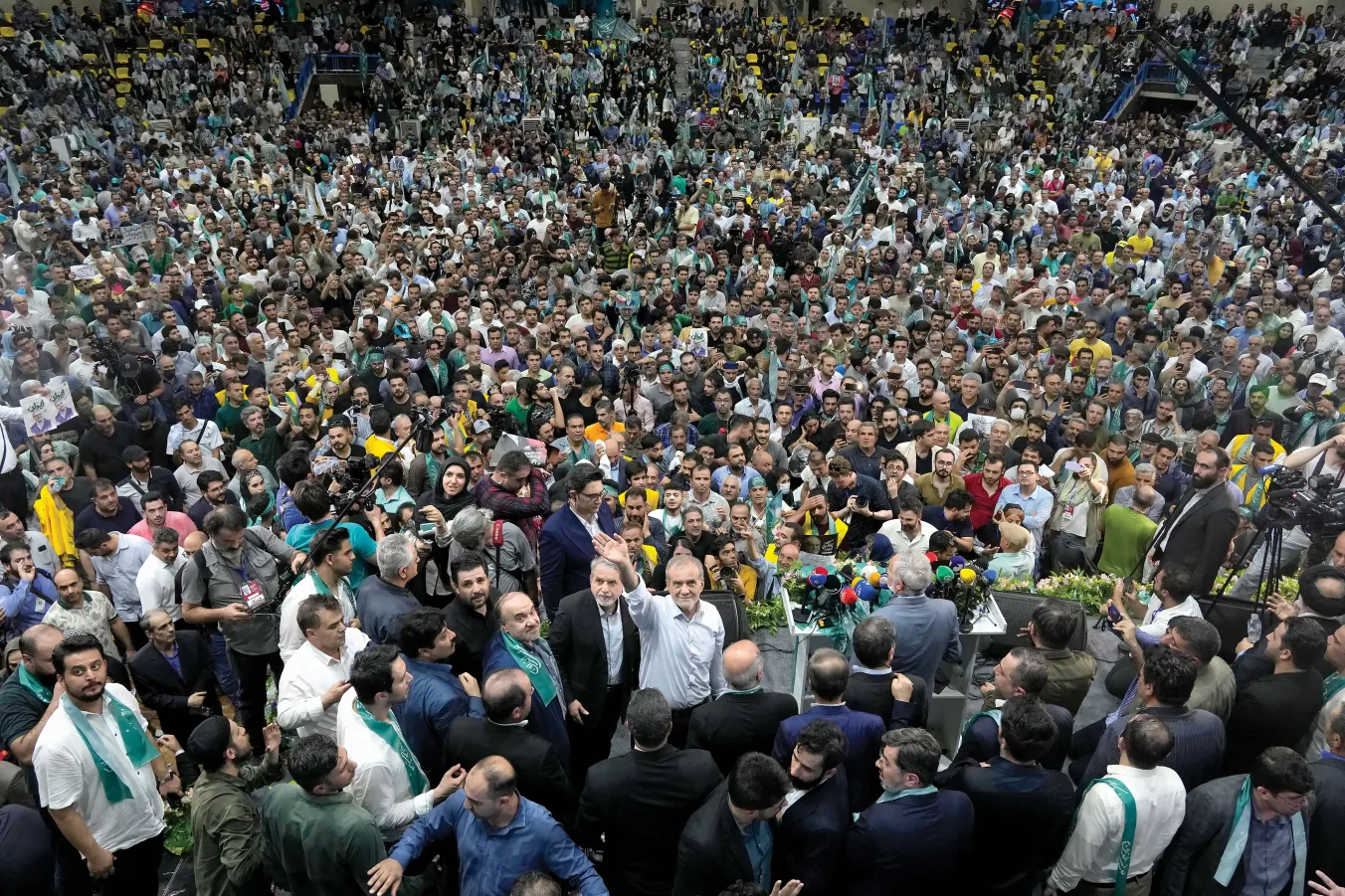
With Iran heading to the polls following the death of president Raisi, STEVE BISHOP assesses the candidates, and warns of a wide and growing gap between the populace and the regime


